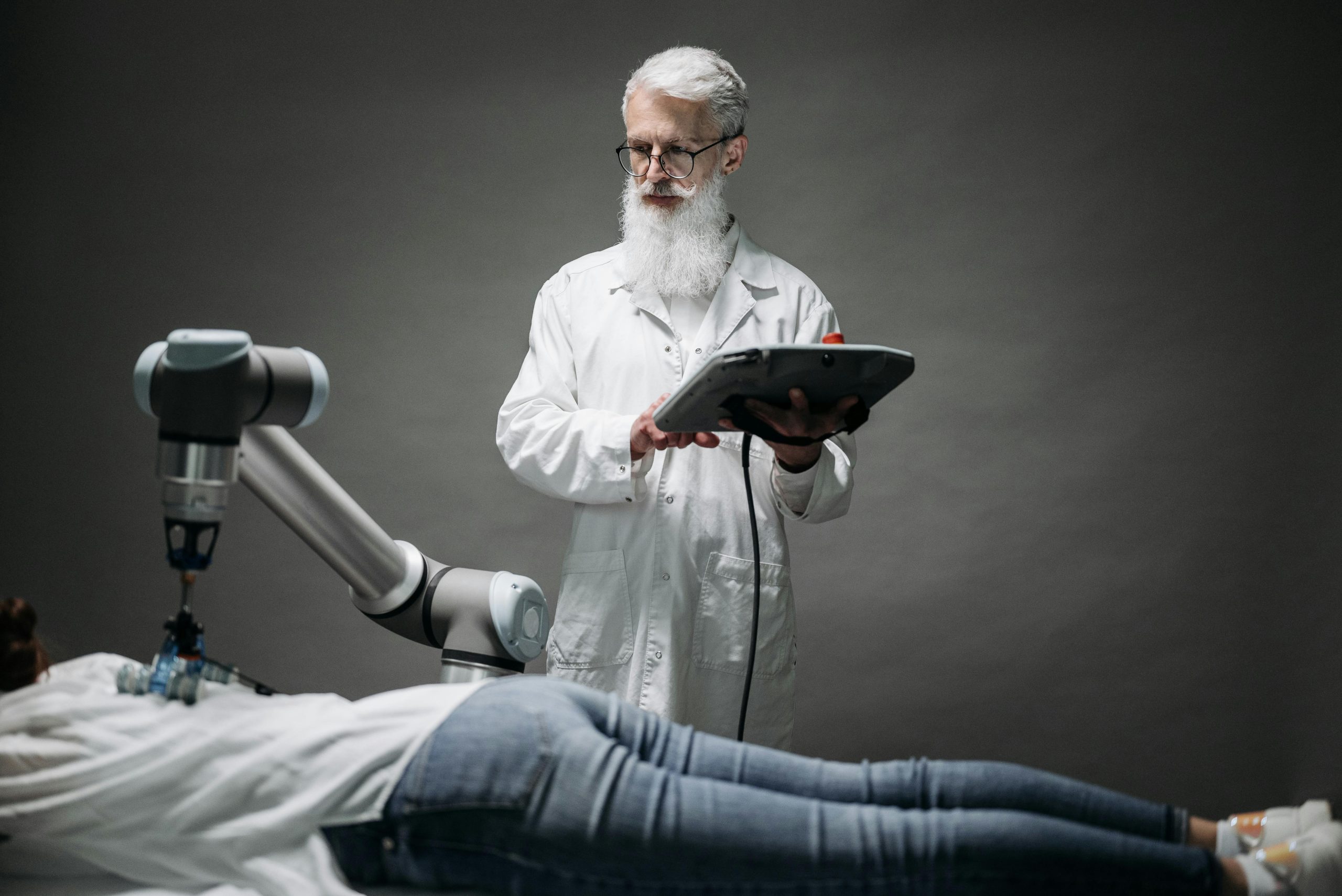The healthcare industry is undergoing a revolutionary transformation, thanks to artificial intelligence (AI). From streamlining administrative tasks to enhancing patient care, AI-powered automation is reshaping how healthcare providers operate. In 2024, AI is no longer a futuristic concept—it’s a reality driving efficiency, accuracy, and better outcomes. Here are the top 10 AI use cases transforming healthcare automation this year.
1. AI-Powered Diagnostics and Early Detection
AI is revolutionizing diagnostics by enabling faster, more accurate detection of diseases. Machine learning algorithms analyze medical imaging, such as X-rays, MRIs, and CT scans, to identify abnormalities with precision. For example:
- Cancer Detection: AI models can detect early signs of breast, lung, and skin cancers, often outperforming human radiologists.
- Diabetic Retinopathy: AI tools analyze retinal scans to diagnose diabetic eye disease before symptoms appear.
- Neurological Disorders: AI helps identify early markers of Alzheimer’s and Parkinson’s through brain imaging.
By automating diagnostics, AI reduces human error and speeds up treatment planning.
2. Virtual Health Assistants and Chatbots
AI-driven virtual assistants and chatbots are enhancing patient engagement and reducing administrative burdens. These tools provide:
- 24/7 Patient Support: Chatbots answer common health questions, schedule appointments, and remind patients to take medications.
- Triage Services: AI-powered assistants assess symptoms and direct patients to appropriate care levels, reducing unnecessary ER visits.
- Mental Health Support: AI chatbots offer cognitive behavioral therapy (CBT) techniques for anxiety and depression.
These solutions improve accessibility while freeing up healthcare staff for complex cases.
3. Predictive Analytics for Patient Care
Predictive analytics leverages AI to forecast health risks and optimize treatment plans. Key applications include:
- Readmission Prevention: AI analyzes patient data to predict high-risk individuals, enabling proactive interventions.
- Chronic Disease Management: Machine learning models monitor vital signs and lifestyle data to predict flare-ups in conditions like diabetes and heart disease.
- Epidemic Forecasting: AI tracks disease spread patterns to help hospitals prepare for surges in cases.
By anticipating health issues, providers can deliver preventive care and reduce costs.
4. Robotic Process Automation (RPA) in Administration
Healthcare facilities are adopting RPA to automate repetitive administrative tasks, such as:
- Claims Processing: AI verifies insurance claims, reducing errors and speeding up reimbursements.
- Appointment Scheduling: Bots manage bookings, cancellations, and reminders without human intervention.
- Billing and Coding: AI ensures accurate medical coding, minimizing claim denials and compliance risks.
RPA cuts operational costs and allows staff to focus on patient-centric tasks.
5. Drug Discovery and Personalized Medicine
AI accelerates drug development and tailors treatments to individual patients. Breakthroughs include:
- Faster Drug Development: AI analyzes vast datasets to identify potential drug candidates in months instead of years.
- Precision Oncology: Machine learning matches cancer patients with the most effective therapies based on genetic profiles.
- Clinical Trial Optimization: AI identifies ideal candidates for trials, improving recruitment and success rates.
These innovations are paving the way for more effective, personalized healthcare.
Conclusion
AI is transforming healthcare automation in 2024, making processes faster, smarter, and more patient-focused. From diagnostics and virtual assistants to predictive analytics and drug discovery, AI’s applications are vast and impactful. As technology evolves, healthcare providers who embrace AI will lead the charge in delivering efficient, high-quality care. The future of healthcare is here—and it’s powered by artificial intelligence.
